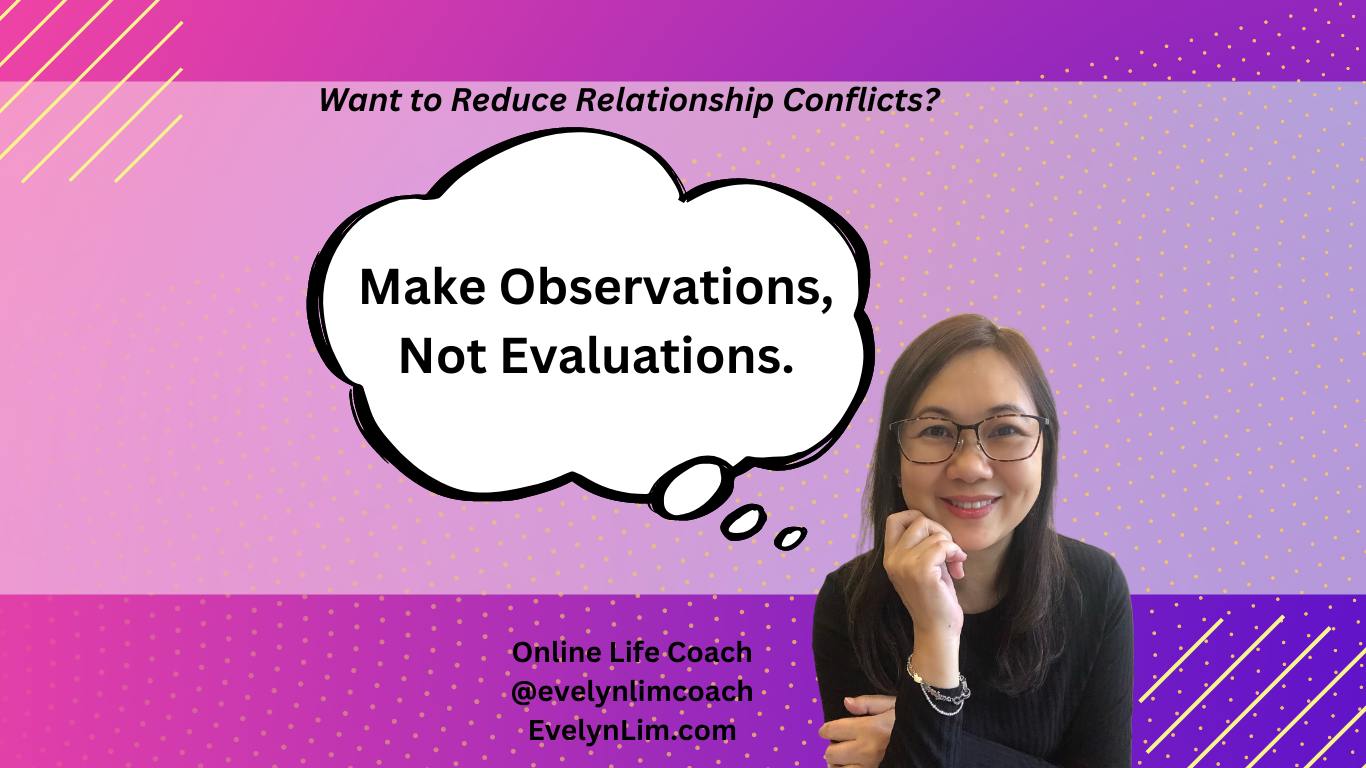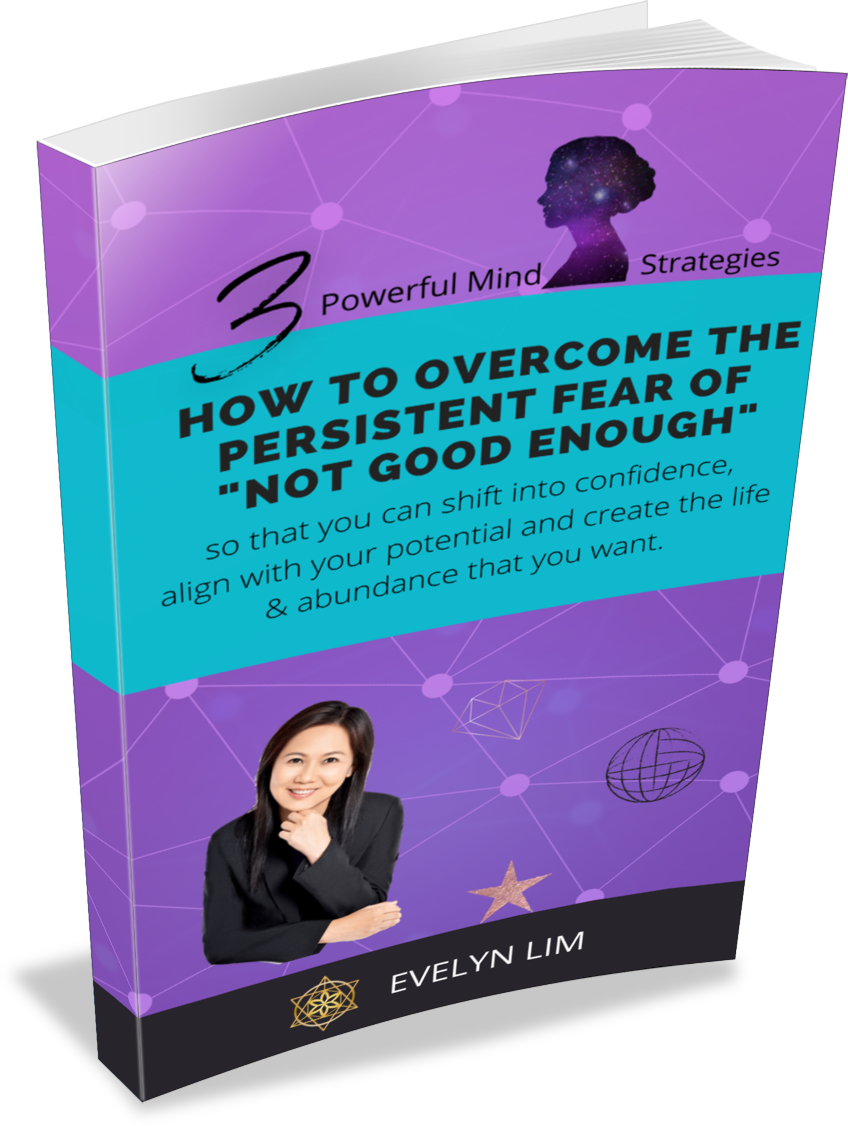How to Reduce Relationship Conflicts: Make Observations, Not Evaluations

“Observations are the windows to empathy, while evaluations are the doors to conflict.” Marshall Rosenberg
Are you tired of encountering misunderstandings and conflicts in your conversations?
Well, a good book to read is this: Nonviolent Communication (NVC) by Marshall Rosenberg.
The author offers a ton of valuable tips for us.
One such tip: separate observations from evaluation.
Observations focus on factual information without judgment, while evaluations involve personal interpretations and assessments.
Separating observations from evaluations is something that I have to learn myself. My tendency is to jump right into judgement or an evaluation. Obviously, when this happens, it doesn’t land well with my kids; for instance.
“When we combine observation with evaluation, people are apt to hear criticism.” – Marshall Rosenberg
I’m learning to make observations, without judgement, and to employ a more curious mindset when communicating with them. Hence, instead of making quick assumptions, it is more helpful to be curiously asking questions so that I can better understand the reasons for their behaviour. My kids have since surprised me with more positive responses!
Make the Distinction Between Observation and Evaluation
Here are some examples to make the distinction…
Evaluation: “You’re so aggressive and intimidating.”
Observation: “You raised your voice during our conversation.”
Evaluation: “You never help with household chores.”
Observation: “I see that the dishes are not washed.”
Evaluation: “You’re so disrespectful for always being late.”
Observation: “I noticed that you arrived 20 minutes late to our meeting today.”
Evaluation: “Your work is sloppy and careless.”
Observation: “The report contains multiple spelling errors.”
Evaluation: “You’re so rude and inconsiderate.”
Observation: “You spent an hour on your phone during our dinner.”
When you are making an observation, it’s what you have noticed. It’s a fact. You are relating your observation to something specific rather than making a sweeping generalisation. On the other hand, in the case of an evaluation, you are forming an opinion that comes across as a judgement. The other party is likely to become more defensive. Evaluations tend to create disconnection and separation.
Are You Observing or Evaluating?
I recognise that my mind is quick to jump to conclusions from making assumptions. So my intent is to hold back and to check in on myself with the question: am I observing or am I evaluating? I’m finding that just by pausing to hold myself back makes good practice.
If you are attempting to reduce relationship conflicts, stop making evaluations and consider bringing up your observations instead. Rather than burn relationship bridges, we want to build them with empathy and compassion. Indeed, cultivating a curious mindset, rather than an evaluative one, helps to foster communication that leads to better connection and understanding.
Love and Abundance Always,
Evelyn Lim
Online Life Coach


